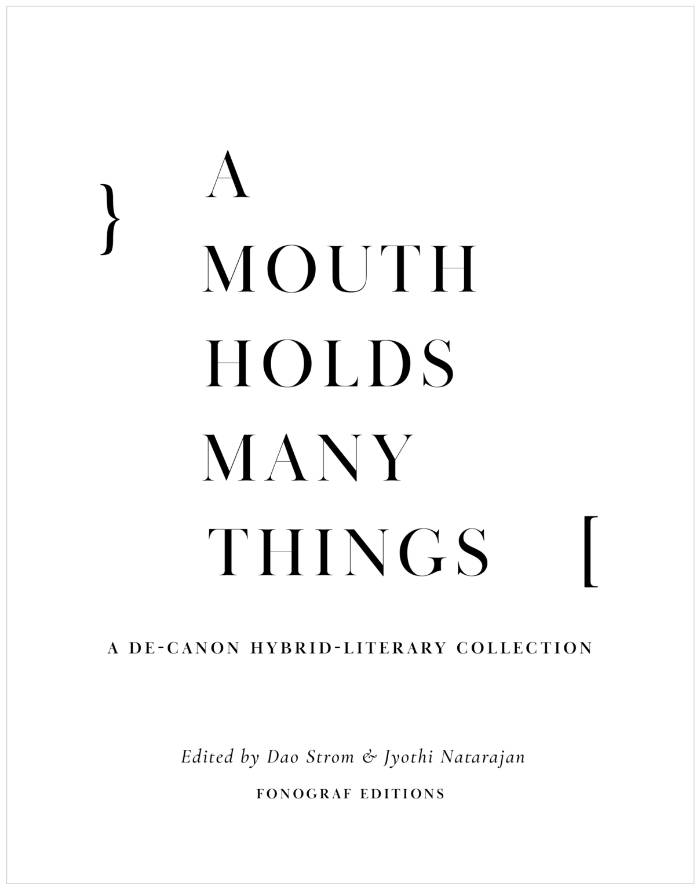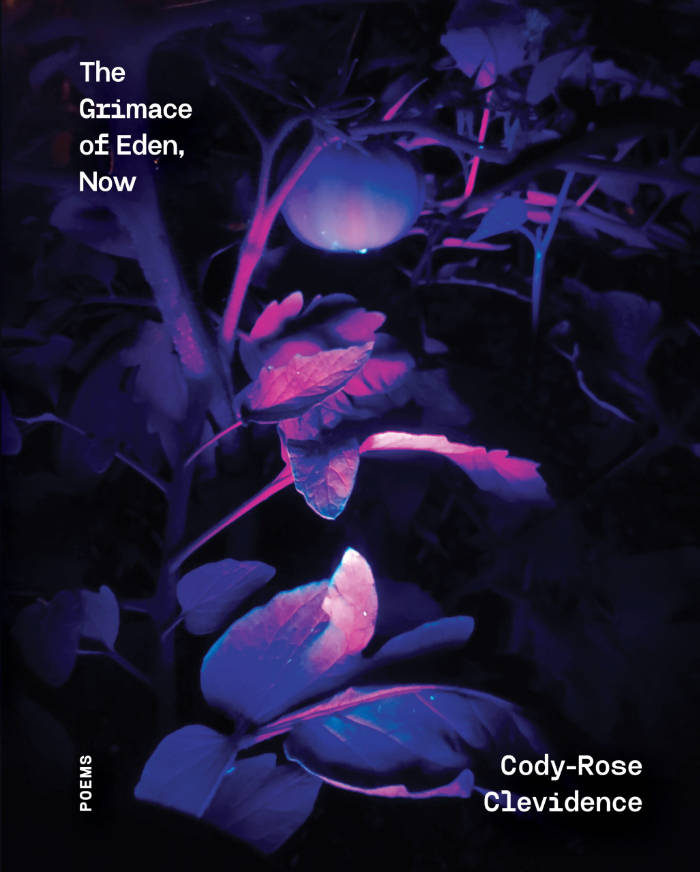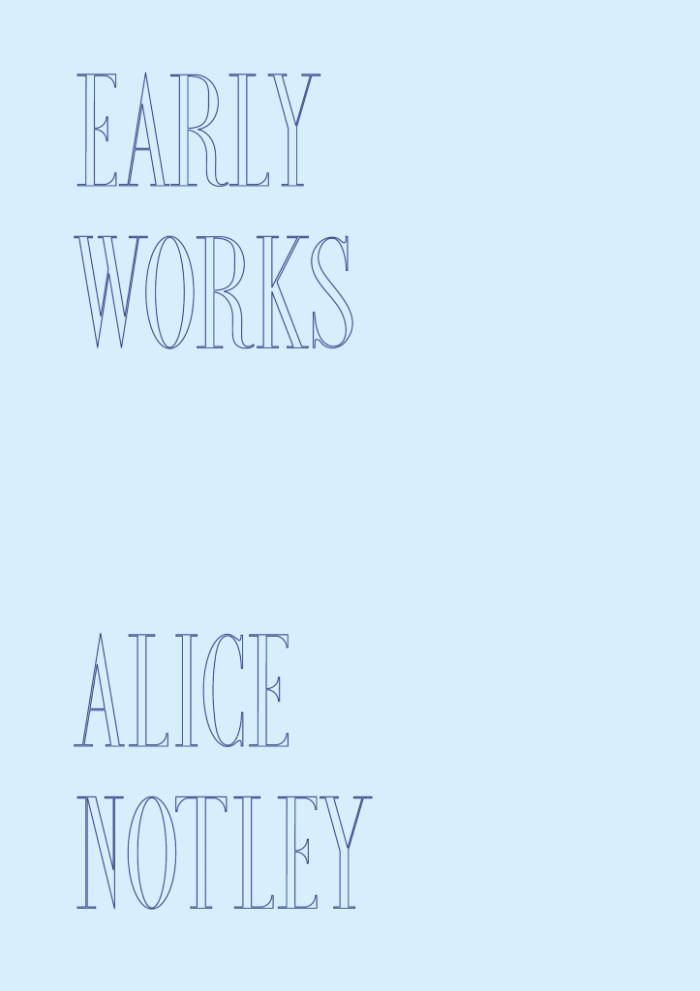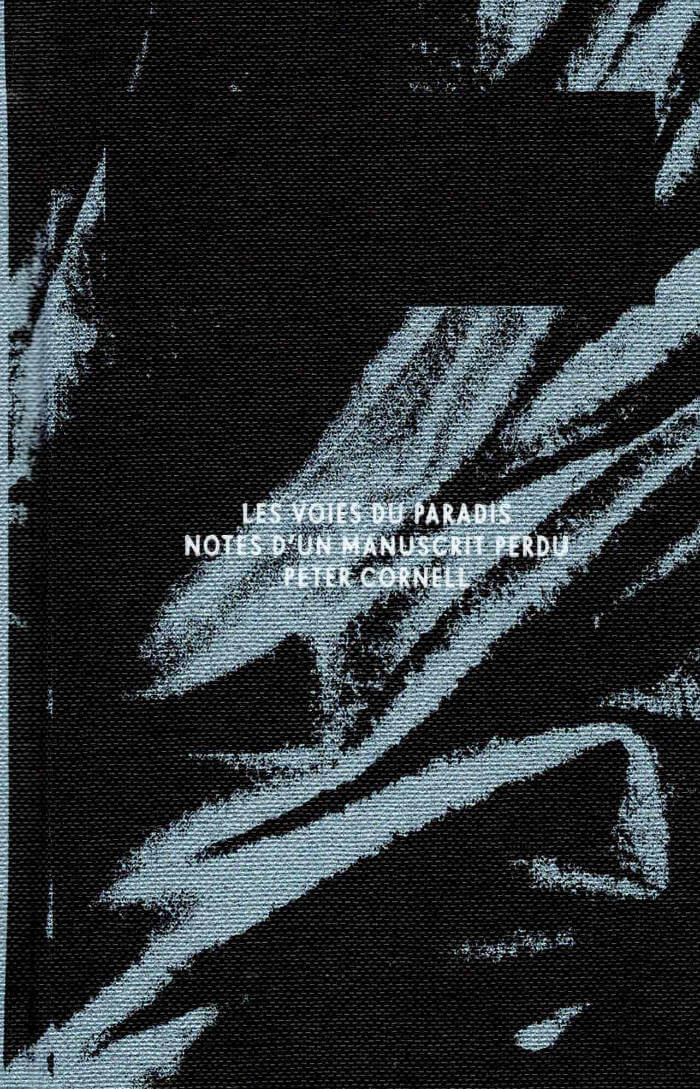
Hole Studies
Hole Studies is a book about care and the forms it may take. An essay collection on writing and labor, art and activism, attention as a transformative practice, difference and collaboration, adjuncting and the margins of the academy, whiteness and its weapons, professionalization and its discontents, the radical importance of surprise, friendship at work, the self and its public and private modes: Hole Studies keeps listening.
What is it we need from each other? What could we still make happen? This book looks for forms of responsiveness and moments that matter. It honors everyday acts of thinking and trying. Essays explore the music of the Swet Shop Boys, the literature of the US’s brutal war in Iraq, the career of Sinéad O’Connor, the aesthetics of the Dirtbag Left, the legacies of the “war on terror,” feminism on the job, and illness in America. Hole Studies is an intimate document and a critical guide. Hole Studies would like to work for you.
If Montaigne returned today as a feminist and Sontag a poet, they might have together crafted an essay collection as astonishing as Hilary Plum’s Hole Studies. Plum rigorously examines her many subjects (from a history journal’s MLA citations to Sinéad O’Connor’s infamous televised protest) and then rigorously interrogates her examinations. Each page holds more brilliance and artistry than should be possible. Hole Studies is an exciting read and a conceptual achievement, and Plum is one of the best American essayists around. — Jeannie Vanasco







